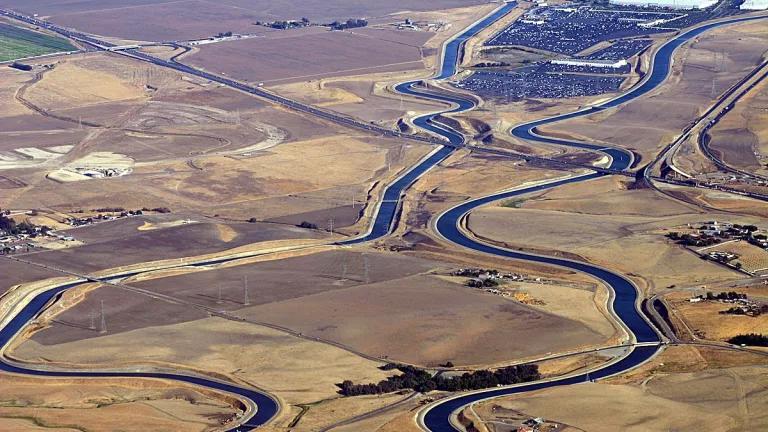Implementation of the Agricultural Water Management Planning Act
Seventy percent of California’s irrigation districts fail to complete required agricultural water management plans.
Irrigated agriculture is important to California, and draws upon roughly 80 percent of the state's developed water supplies. The industry produces diverse and important commodities, and employs thousands of people across a broad swath of the state. In recognition of its importance, the Agricultural Water Management Planning Act (Act), which passed California's legislature as part of the Water Conservation Act of 2009, requires large irrigation districts to create comprehensive plans for their water futures. These Agricultural Water Management Plans are required to cover topics such as current and projected water supplies and demands, current and planned water conservation activities, and the impact of climate change on district operations -- all topics that are important to each district and its irrigators, as well as state water managers. These plans must incorporate water measurement to each irrigator and each district's charges to its customers. Consideration is also to be given to water efficiency measures that are to be implemented unless found by a district not to be cost-effective.




